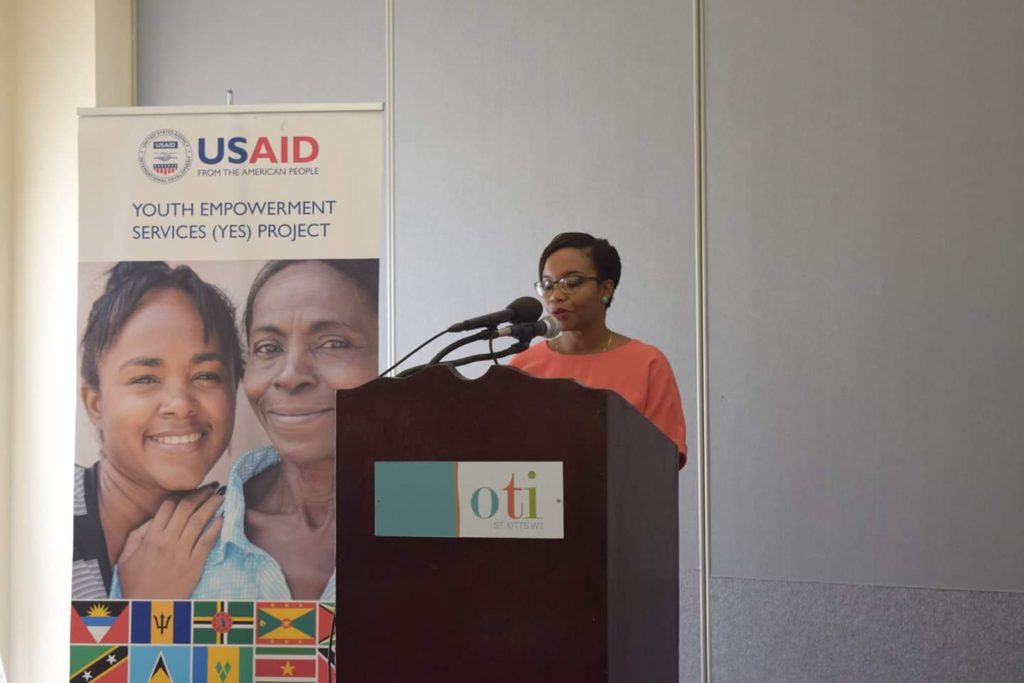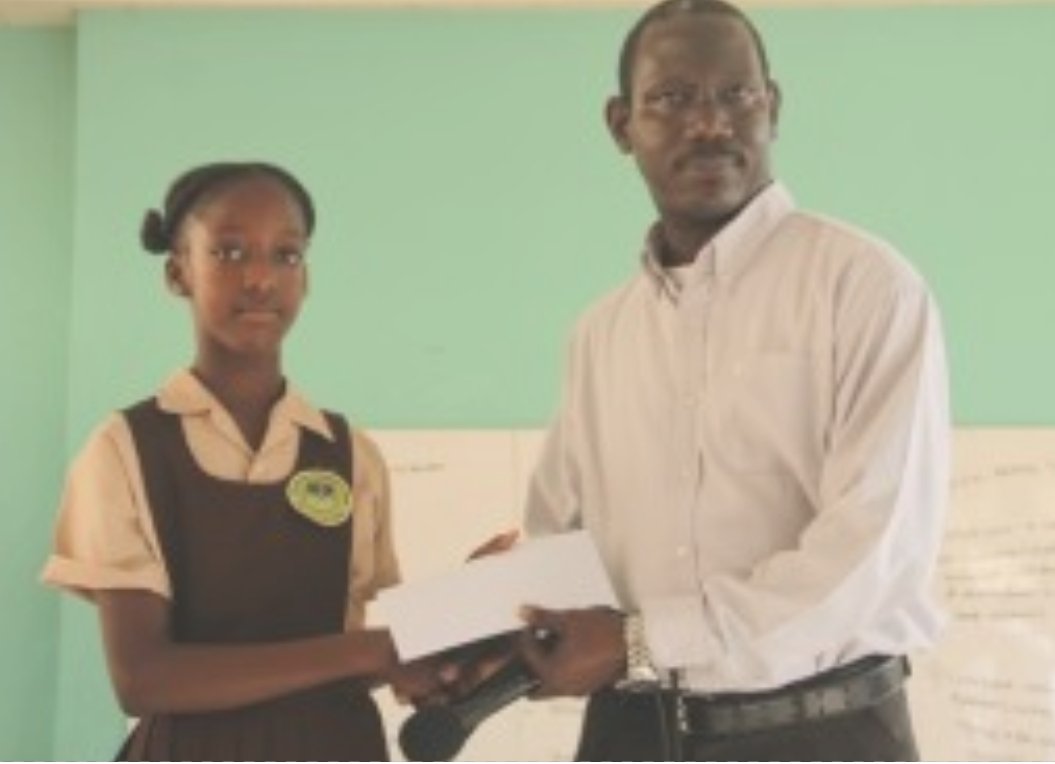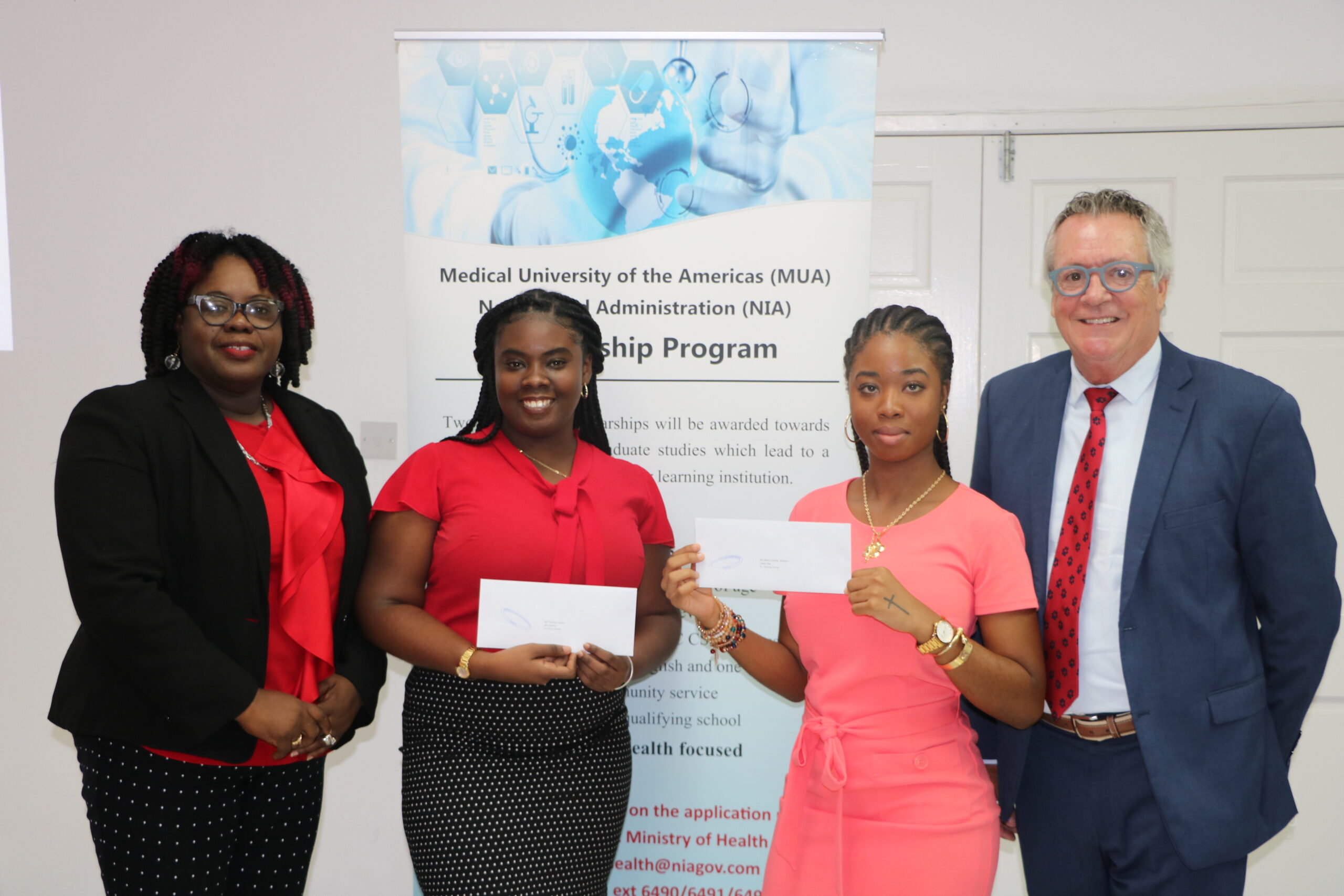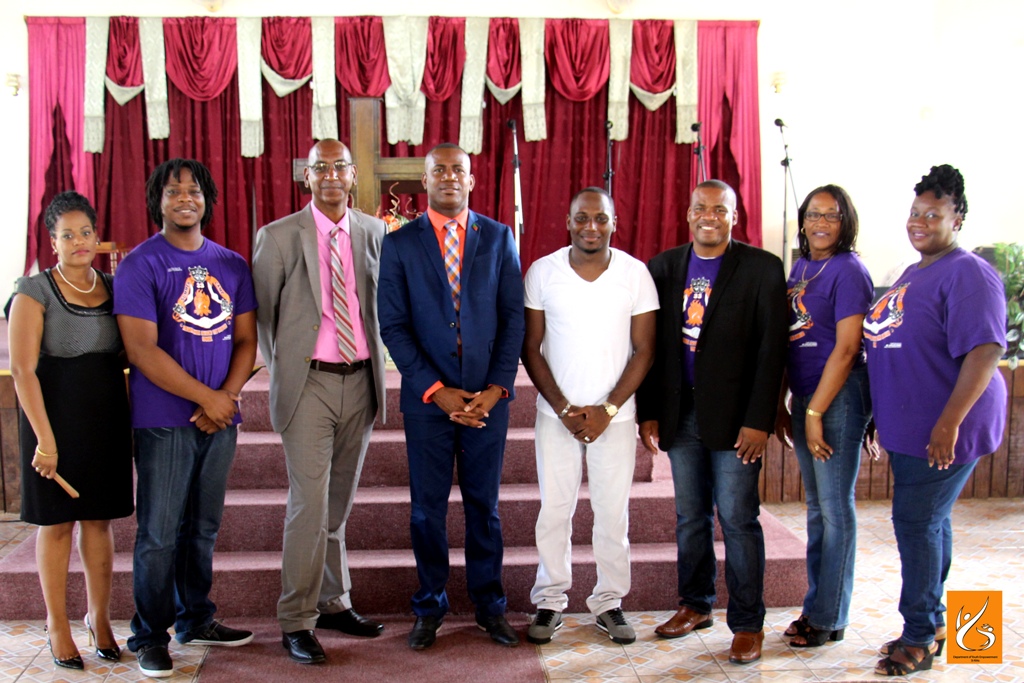Photo Caption: Ryssa Brathwaite, Program Management Specialist, (youth)
Basseterre, St. Kitts, November 16, 2016 (SKNIS): The Government of National Unity remains committed to the development of the Federation’s youth, citizen security, and juvenile justice and governance. This was underscored at Tuesday’s launch of the Youth Empowerment Services (YES) Project (2016-2020) at the Ocean Terrence Inn.
The YES Project, which is sponsored by USAID (United States Agency for International Development), is intended to increase “the capacity of regional bodies, national governments and community stakeholders to reduce the risk factors that drive youth crime, violence and victimization and to strengthen protective factors that build resiliency,” with the aim of reducing youth involvement in crime and violence.
Attorney General, Minister of Legal Affairs and Justice, the Honourable Vincent Byron Jr, speaking at the launch, explained that “social safety and basic services require significant resources to combat the fallout of drug trafficking, increase in violent crime and the increased availability of firearms, which have a significant cost to our economic growth.”
Attorney General Byron indicated that the government is “therefore thankful to USAID and its partner the United Nations Development Programme (UNDP) for its continued support and improved evidence based on crime and violence that will be used to look at community based crime and violence prevention programmes and the improvement of the Juvenile Justice System’s management of youth in conflict with the law.”
During a comprehensive overview of the YES project, Programme Management Specialist, Ryssa Brathwaite, revealed that USAID has been working with the government for a very long time and as such she was excited to launch what she described as a “game changing and ground breaking intervention.”
According to Ms Brathwaite, the programme will provide support for all ten countries in the region, however, after careful analysis, St Kitts and Nevis has been chosen as one of three priority countries.
She further indicated that “USAID’s approach is grounded theoretically in a public health model which focuses on preventing disease or injury from occurring rather than treating consequence.” This approach, according to Ms Brathwaite, has been utilised in the formulation of the YES Project.
Key steps of the formulation of the programme include defining of the problem clearly, the identification of the root causes or risk factors, formulating and testing a strategy and later ensuring widespread adoption by disseminating the results and working with others to ensure understanding.
Underscoring the importance of “solid data”, Ms Brathwaite indicated that crime data will not only be made available but also utilized to drive decision making. She further noted that the “results would not be shelved but they would be used. They would be discussed in the corridors of parliament; they would be discussed in homes. They would be understood and applied to the development of evidence based approaches to citizen security policies and programmes.”
The $64 million project will span a five year period and will be based on three components, according to Ms. Brathwaite. These components are strengthened Evidence- based Decision Making (CARISECURE) by the UNDP, Community, Family and Youth Resilience by Creative Associates International and Juvenile Justice Reform Project II by the Organisation of the Eastern Caribbean States (OECS).
-30-









